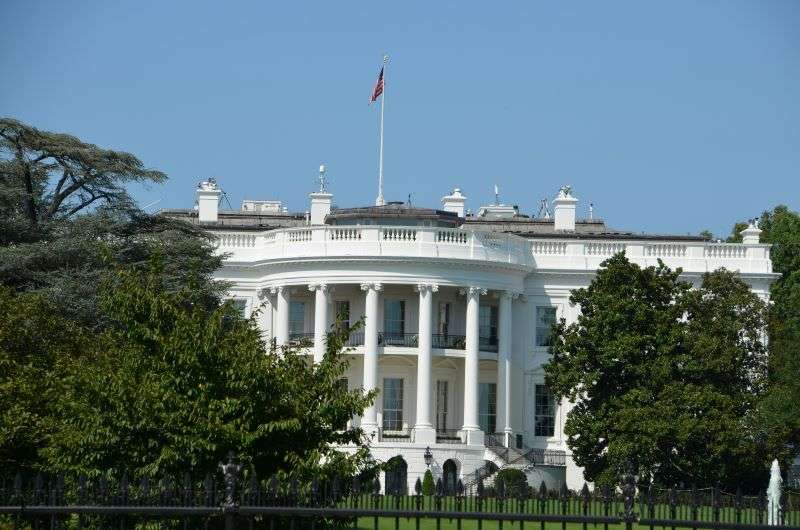USTR’s Upcoming Decision
The USTR is expected to make its final determination on the proposed tariff increases on China-made goods later this month, as per a press release issued on July 30. The Biden administration and USTR had earlier revealed plans to raise Section 301 tariff rates on select goods from China, including electric vehicles, solar cells, and semiconductors. The tariff hikes are expected to commence this year, with the rate increase to 100% on electric vehicles. Other tariff rate increases, including those for semiconductors and natural graphite, are slated to occur over the next two years. More on US Industry Response to Proposed Tariff Increases
Rationale and Reactions
The White House’s justification for the tariff increases is to enhance the U.S.’ competitive position in the clean energy and technology sector, a key focus during the Biden administration. Following the announcement, the USTR initiated a comment period on the proposed modifications and potential exemptions. The USTR has since received over 1,100 comments, which it will continue to review before issuing a final determination. Once a determination is announced, the USTR stated that tariff increases scheduled for 2024 will take effect approximately two weeks later. More on Bolstering U.S. Supply Chain: Biden Administration’s Tariff Strategy
Various manufacturing and retail groups have voiced concerns about the tariff hikes and their potential impact on operations and prices during the comment period. The National Retail Federation warned that the tariff increases could lead to further price increases for U.S. companies and potential retaliation by China against U.S. exports. The National Association of Manufacturers argued that the tariff increases were “not sufficient” to counteract unfair trade practices outside the U.S. More on Strengthening Domestic Manufacturing
Potential Impact on Ports and Support for Tariff Hikes
The tariff increases could also “negatively impact operations at U.S. ports,” according to a comment submitted by Sens. Tim Kaine, Mark Warner, Raphael Warnock, and Jon Ossoff. The South Carolina Ports Authority, Virginia Port Authority, and Georgia Ports Authority all expressed similar concerns, particularly citing the proposed 25% tariff increase on ship-to-shore cranes. More on Navigating the Surge in Ocean Imports Amidst Global Tensions
While many commenters opposed the rate hikes, some organizations, including the Alliance for American Manufacturing, expressed support. However, the AAM urged the USTR to seriously consider the potential long-term impact of any exclusions, such as those proposed for some solar manufacturing equipment. U.S. Steel called for the administration to “further increase” tariffs on steel products from China, advocating for even more aggressive actions. More on The Shift Away from China: Exploring New Manufacturing Hubs



